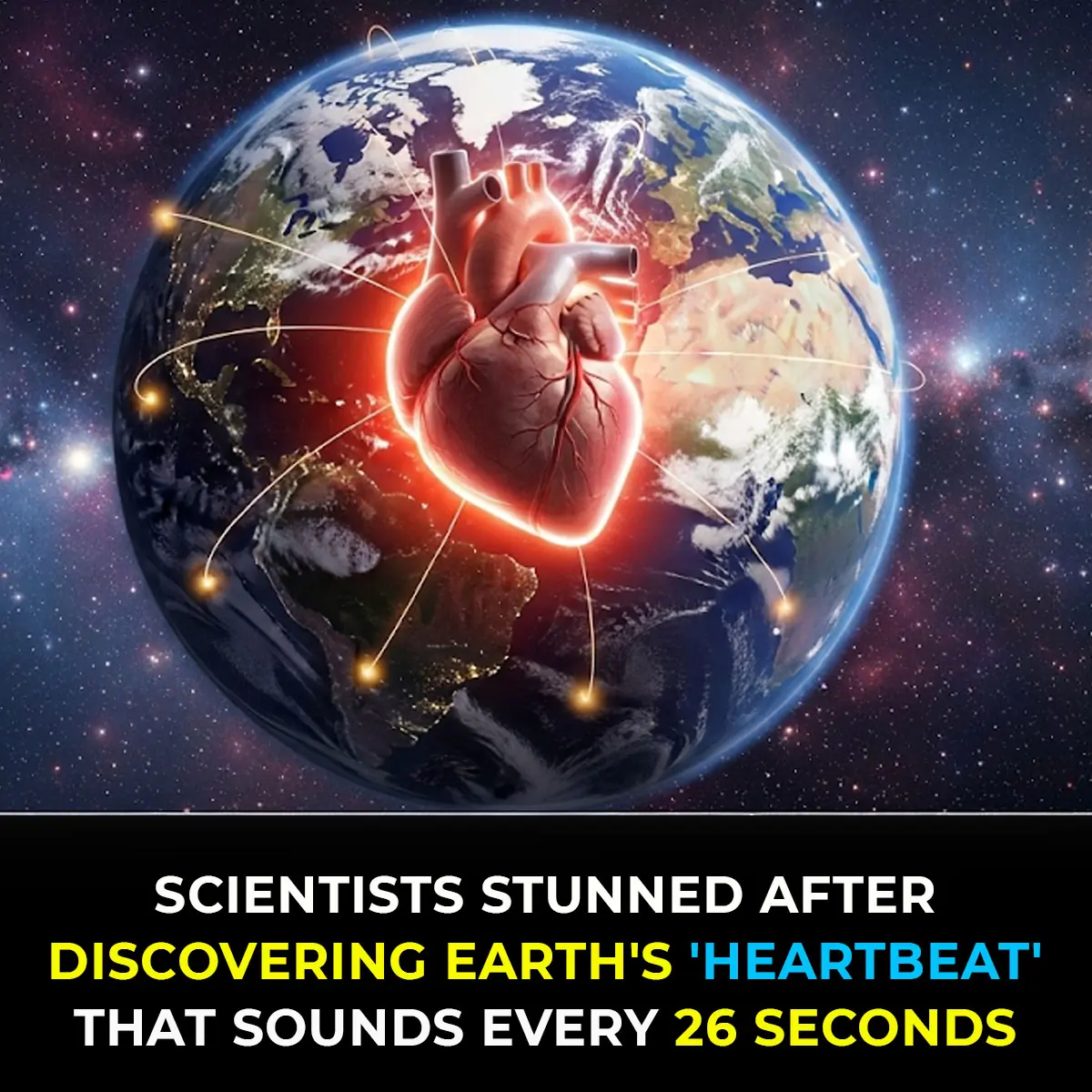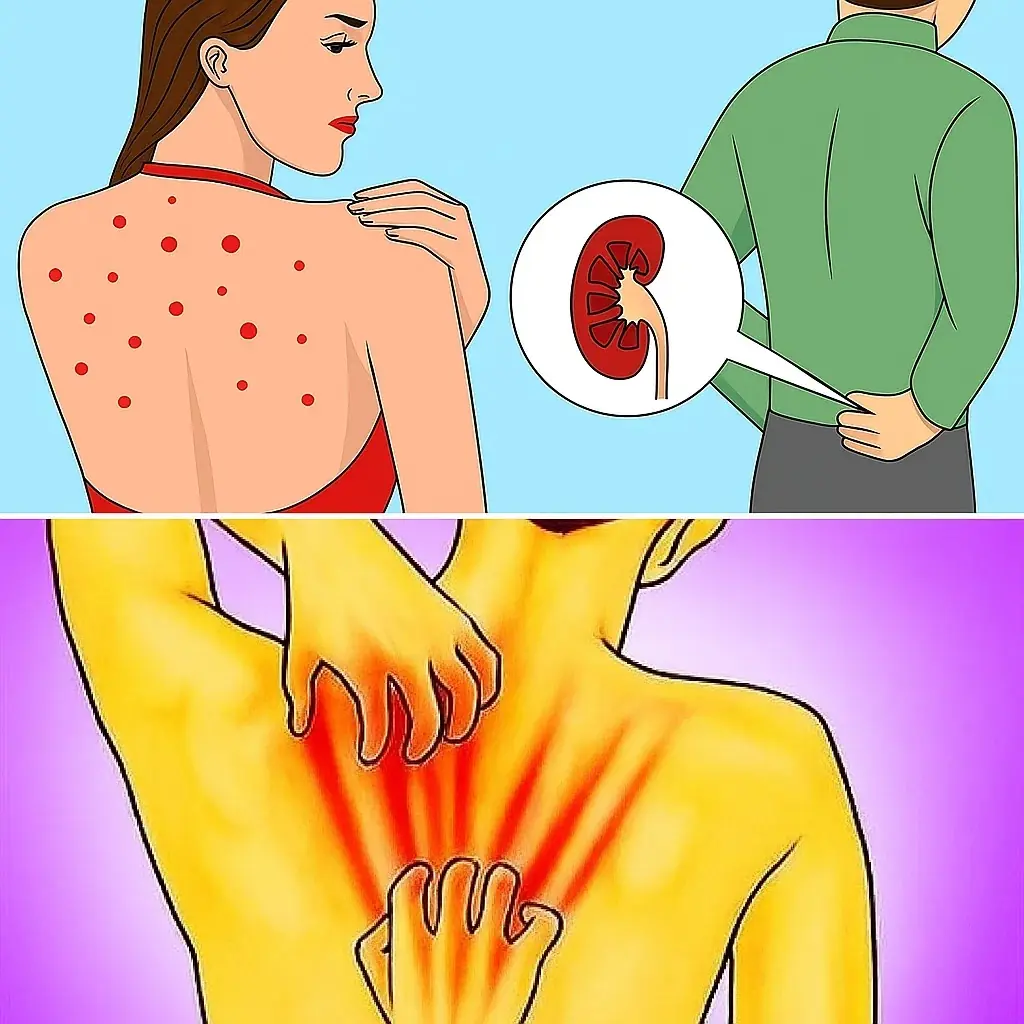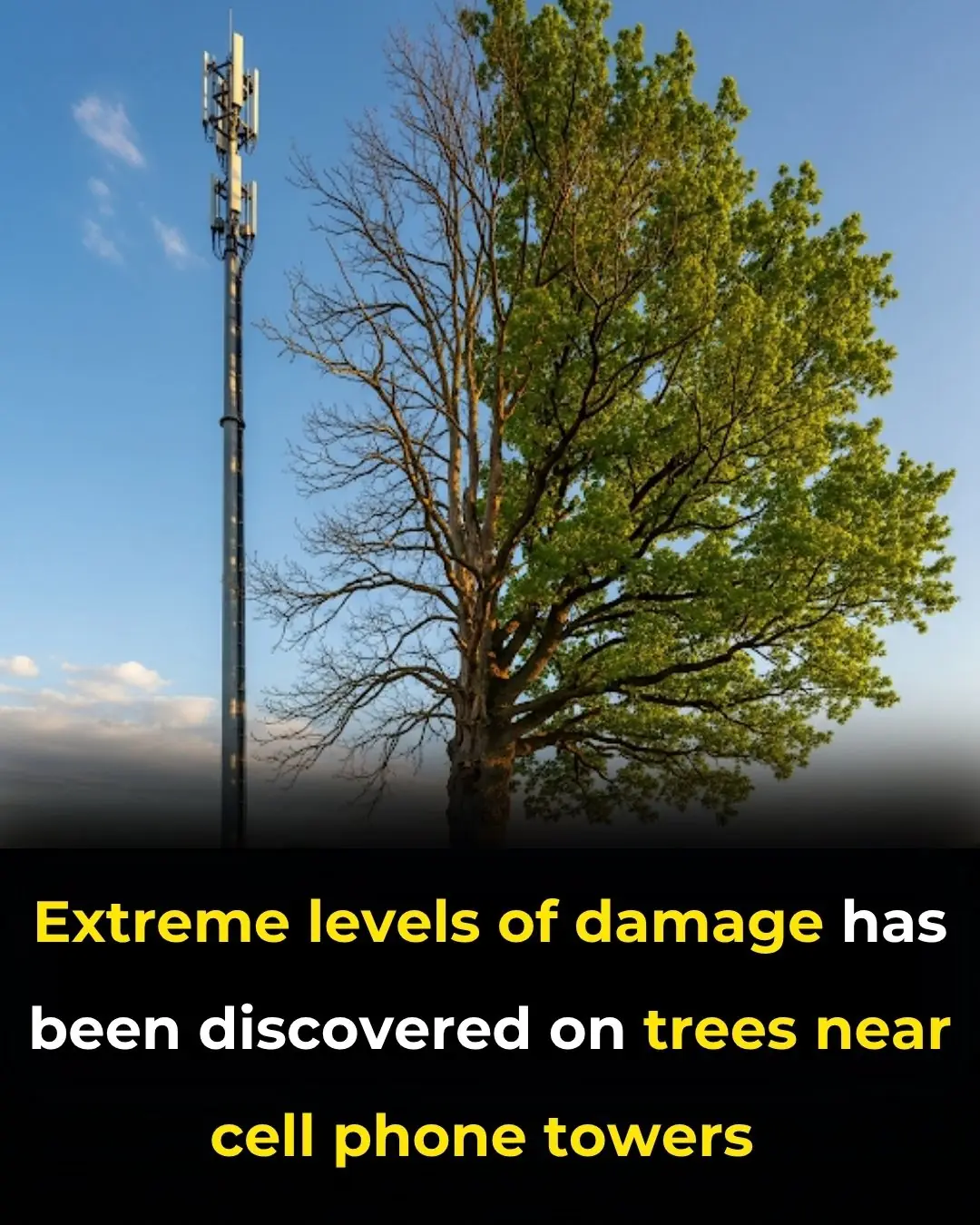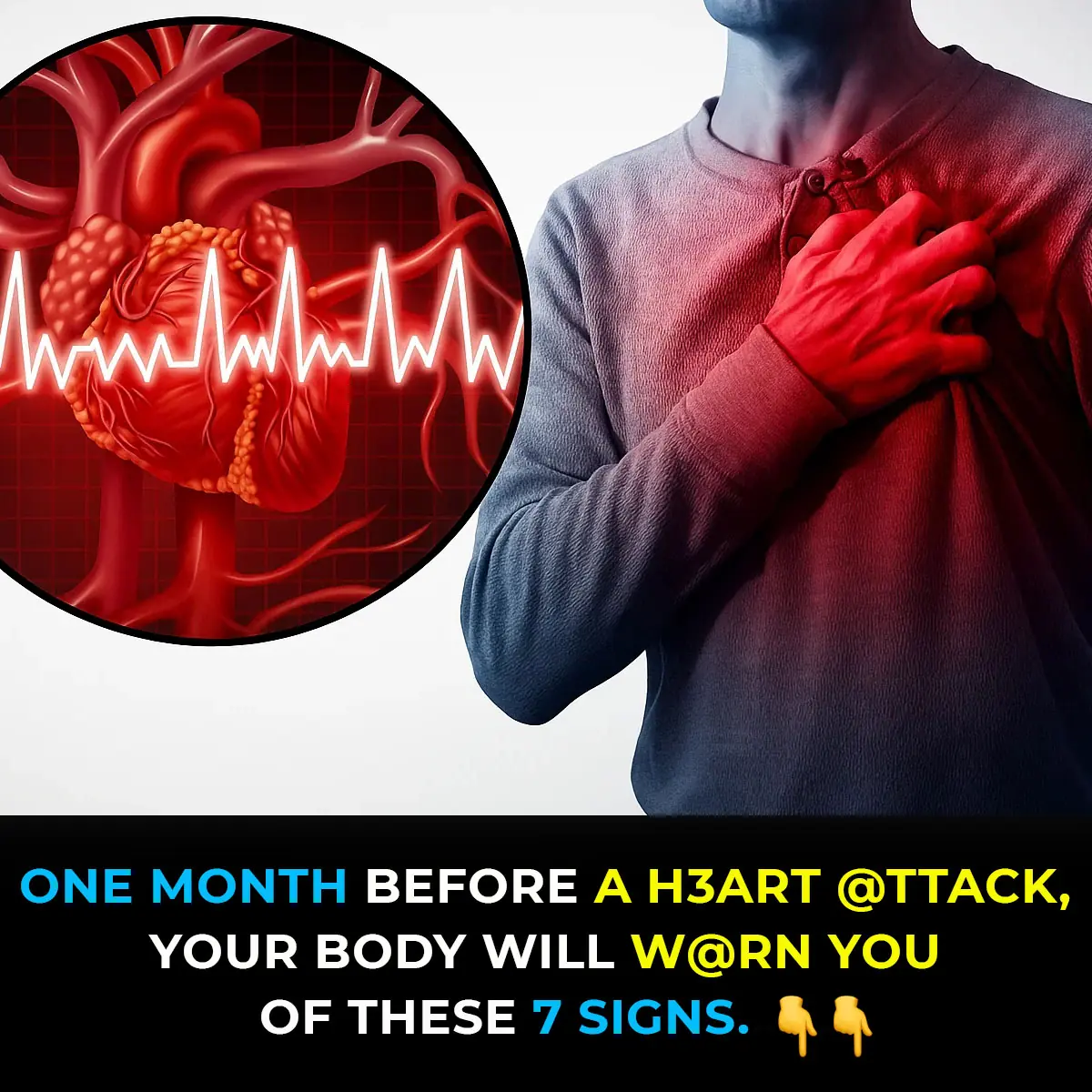
Scientists stunned after discovering Earth's 'heartbeat' that sounds every 26 seconds

Scientists have detected a rhythmic 'heartbeat' emanating from the center of the Earth.
While it's not large enough to be felt like an earthquake, it's noticeable enough for seismologists worldwide to pick up a small, measurable 'blip' on their instruments. Geologists have dubbed this pulse a 'microseism,' first observed originating from the ocean and occurring approximately every 26 seconds.
This rhythmic pulse has been quietly pulsing for decades, yet scientists remain unsure about its exact cause.
Jack Oliver, a researcher at the Lamont-Doherty Geological Observatory, was the first to document the pulse in the 1960s. While studying seismic activity, he traced it back to somewhere 'in the southern or equatorial Atlantic Ocean.' According to Oliver, the pulse was stronger during the Northern Hemisphere’s summer months (or the Southern Hemisphere’s winter). This was a time when technology was far less advanced.
“Jack didn’t have the tools in 1962 that we had in 2005 — he didn’t have digital seismometers, and was working with paper records,” said Mike Ritzwoller, a seismologist at the University of Colorado. Ritzwoller’s team would later encounter the same mysterious pulse.
In 1980, Gary Holcomb, a geologist with the U.S. Geological Survey, contributed further insights when he discovered that the pulse was most prominent during storms.
In 2005, Greg Bensen, a graduate student at the University of Colorado Boulder, was reviewing seismic data when his advisor asked to see what he was working on. Ritzwoller recalled that Bensen pulled up the data, and there it was—the repeating, distant blip. “As soon as we saw this, [postdoctoral researcher Nikolai Shapiro] and I recognized something unusual, though we had no idea what it was,” Ritzwoller added.
The team analyzed the pulse from all possible angles and traced its source to the Gulf of Guinea, off the coast of West Africa. They published their findings in 2006, but even today, no one can explain the steady rhythm. Some experts suggest it could be related to waves crashing on the seafloor, while others consider volcanic activity as a possible cause. However, one thing is certain: our planet is constantly making some form of noise.
“Seismic noise exists because of the Sun,” said Ritzwoller. The Sun heats the Earth unevenly, warming the equator more than the poles. This imbalance drives winds, ocean currents, and waves that can create land vibrations when they crash into coastlines.
Scientists have found that this 'seismic noise' can be used to study Earth's interior. “But the discovery of [this pulse in 2005] was a complete surprise,” Ritzwoller continued.
“We’re still waiting for a fundamental explanation of this phenomenon.”
He concluded: “The key takeaway is that there are fascinating, fundamental phenomena within the Earth that are known to exist but remain a mystery. It may take future generations to fully uncover the truth.”
News in the same category


10 Warning Signs Your Kidneys May Be in Serious Danger
Your kidneys quietly work around the clock to keep your body in balance, but when they start to fail, the symptoms can be subtle and easily overlooked. Spotting these early warning signs could save your health—and even your life.

What You See First In This Weird Optical Illusion Reveals What Kind Of Lover You Are
Optical illusions can do more than just play tricks on your mind — they can reveal hidden aspects of your personality, including how you express love. In this unique test, the first image you notice will uncover your deepest romantic traits and the way

Beekeeper Sets Bees Loose on Police That Pulled Him Over for Traffic Stop

The ‘World’s D3adliest Food’ K!lls 200 People Annually — Yet 500 Million Still Can’t Resist It
Every year, this claims over 200 lives worldwide, yet nearly half a billion people still rely on it as a daily food source. Experts warn that without proper preparation, this staple crop can turn d:eadly due to its natural cyanide content.

The Hidden Meaning Behind Women's Leg-crossing — It’s More Than Just Comfort
The Hidden Meaning Behind Leg-Crossing — Body Language Secrets, Health Risks, and What It Really Says About You.

Say Goodbye to Fillings Soon? Scientists Just Grew Real Human Teeth In a Lab That Could Replace Fillings Forever
What if your body could suddenly remember an ability it lost thousands of years ago - the power to grow an entirely new tooth?

The Chilling Truth About Why No Human Remains Were Found in the Titanic Wreck
More than 110 years after the Titanic sank, scientists have revealed the chilling reason no human remains were ever found in its wreckage. Resting 12,000 feet below the Atlantic, the site tells a silent story of how nature claimed the victims in its own w

9 Chilling Stories of Third Man Syndrome: When an Unseen Presence Aided Survival in Disasters

I Was Shamed for Being a Single Mom at My Sister’s Baby Shower — Then My 9-Year-Old Son Silenced the Room with a Letter

9-Year-Old Boy Whispered “Daddy, I’m so tired!” and Didn’t Wake Up Again

What Is the Shark Fin on Cars?

Scientists Discover New Blood Type Only Found In One Woman On Earth Today

Extreme levels of damage has been discovered on trees near cell phone towers

If You Notice a Purple Butterfly Sticker by a Newborn’s Bed—Here’s the Silent Tragedy Behind It
It's not just a decorative element. It's a symbol.

If You See A Woman Wearing A Wedding Ring On Her Pinky Finger Here’s What It Means
If you see a woman wearing a wedding ring or statement ring on her pinky, know that there’s likely a story behind it.

Here Are 5 Reasons Why Some Men Prefer Slim Women
Slimness might be appealing to some men for reasons ranging from health to aesthetics, but personality, kindness, intelligence, and emotional compatibility often matter far more in the long run.

Doctors Explain The Chilling Sound A Person Makes That Means They Have Less Than 24 Hours To Live
Understanding what the sound signifies — and knowing that the individual is not suffering — can provide comfort in an otherwise heartbreaking moment.

“I Di3d for 6 Minutes and Saw the Afterlife — What I Witnessed Still Haunts Me”
A guy has described the eerie sights he says he seen in paradise after he ‘died’ for six minutes as a child.
News Post

A Late-Night Uber Ride That Changed a Life.

The Only Thing My Late Dad Left Me Was a Rusty Key, and I Thought It Was a Joke Until My Cousin Offered Me $10,000 for It – Story of the Day

You Should Never Ignore These 9 Things Your Fingernails Reveal About Your Health

Scientists Warn Foot-Long “Demonic Flesh-Eating” Worms Are Invading The U.S.—Here’s What To Do

Officials Warn Tourists As Giant Toxic Jellyfish Washes Ashore At Popular Beach

When Nighttime Leg Cramps Become a Concern

One Month Before A Heart Attack, Your Body Will Warn You Of These 7 Signs

Coca‑Cola Fires Back After Trump Claims He Switched The Coke Recipe

Researchers Sound Alarm Over Surge In Anal Cancer And High-Risk Populations

5 Things Doctors Say You Should Never Give Your Kids to Help Prevent C@ncer

6 Powerful Castor Oil Benefits for Your Health and Wellness

A Wild Kingfisher, Three Generations, and the Unspoken Language of Love.

More Than a Win: The True Victory of the Cooma North Boys.

Moment two AI agents realise they're talking to another AI and switch to their own bizarre language

Woman earns hundreds every day just by sitting in New Yorker's cars

My Husband Threw Away the Chicken I Cooked Saying 'You'll Thank Me Later' – When I Found Out Why, I Filed for Divorce

The Ride That Changed Everything.

My Sister Brought My Ex to My Wedding and I Was Stunned, but Then Her Speech Changed Everything – Story of the Day

10 Warning Signs Your Kidneys May Be in Serious Danger
Your kidneys quietly work around the clock to keep your body in balance, but when they start to fail, the symptoms can be subtle and easily overlooked. Spotting these early warning signs could save your health—and even your life.
